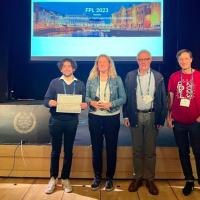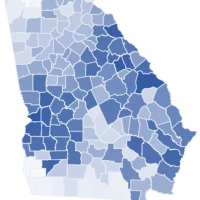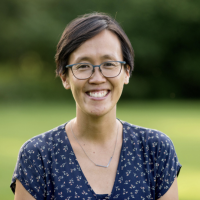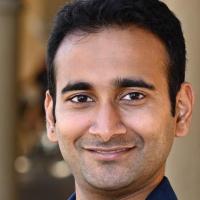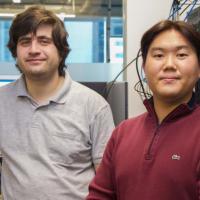5 min read
In her recent book 'Han Heroes and Yamato Warriors: Competing Masculinities in Chinese and Japanese War Cinema,' Associate Professor Amanda Weiss explores how the World War 2 film genre continues to influence cultural memories and international tensions.
5 min read
Researchers use architected auxetics to achieve 300 times more flexibility in new 3D printing design.
5 min read
SEI and EPICenter Announce 2023 James G. Campbell Fellowship and Spark Awards Recipients
3 min read
She will assume the role Dec. 1.
2 min read
MSE researchers are using a Catalyst Award from the National Academy of Medicine to develop a pressure-relieving sensor system that could also be used in hospital beds.
2 min read
Stefan Abi-Karam, a member of the Georgia Tech Research Institute (GTRI) and a Ph.D. student was recently honored with the prestigious FPL Community Award for his significant research contributions within the field-programmable logic community.
6 min read
The Georgia All-Payer Claims Database (APCD), supported by researchers at the Georgia Tech Research Institute (GTRI), will begin reporting and releasing data to better support price transparency and drive consumer-focused tools.
5 min read
A trio of School of Mathematics faculty have received top honors from the American Mathematical Society, with Professor Jennifer Hom taking home the 2024 Levi L. Conant Prize, and Professors Greg Blekherman and Thang Le selected as 2024 AMS Fellows.
3 min read
Georgia Tech's Srijan and his colleagues have developed a roadmap to detect and mitigate disinformation created by increasingly sophisticated generative AI systems.
3 min read
Georgia Tech cybersecurity and privacy researchers have uncovered a significant threat that exploits a vulnerability in the Safari web browser






